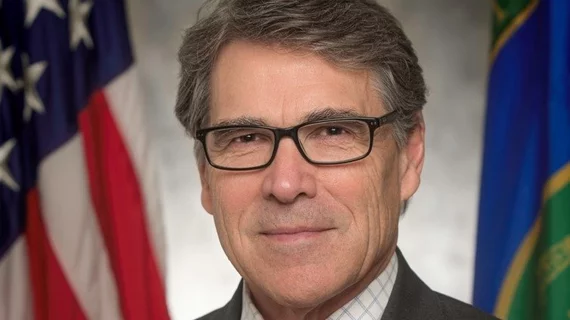Department of Energy reaches deal with 4th US company to fund Mo-99 production
The Department of Energy’s National Nuclear Security Administration (NNSA) has issued a cooperative agreement with a fourth U.S. company for the production of molybdenum-99 (Mo-99) without highly enriched uranium.
This latest agreement is with Corvallis, Oregon-based Northwest Medical Isotopes. Agreements had previously been reached with three other U.S. companies, Niowave (Lansing, Michigan), NorthStar Medical Radioisotopes (Beloit, Wisconsin) and SHINE Medical Technologies (Janesville, Wisconsin). The NNSA is providing $15 million in funding as a part of each cooperative agreement, according to a prepared statement. Each company is also required to match that number and provide $15 million in funding.
Back in February, the NNSA announced it was opening negotiations with these four companies. In a statement at the time, U.S. Secretary of Energy Rick Perry commented on the importance of these negotiations.
“Mo-99 is such a critical tool in healthcare,” Perry said. “Doctors count on it every day. This industry outreach helps to develop a reliable domestic supply of a vital medical isotope, reduce dependence on foreign imports, and bring new opportunity to the heartland.”
More information from the NNSA about Mo-99 production is available on the Department of Energy’s website.

